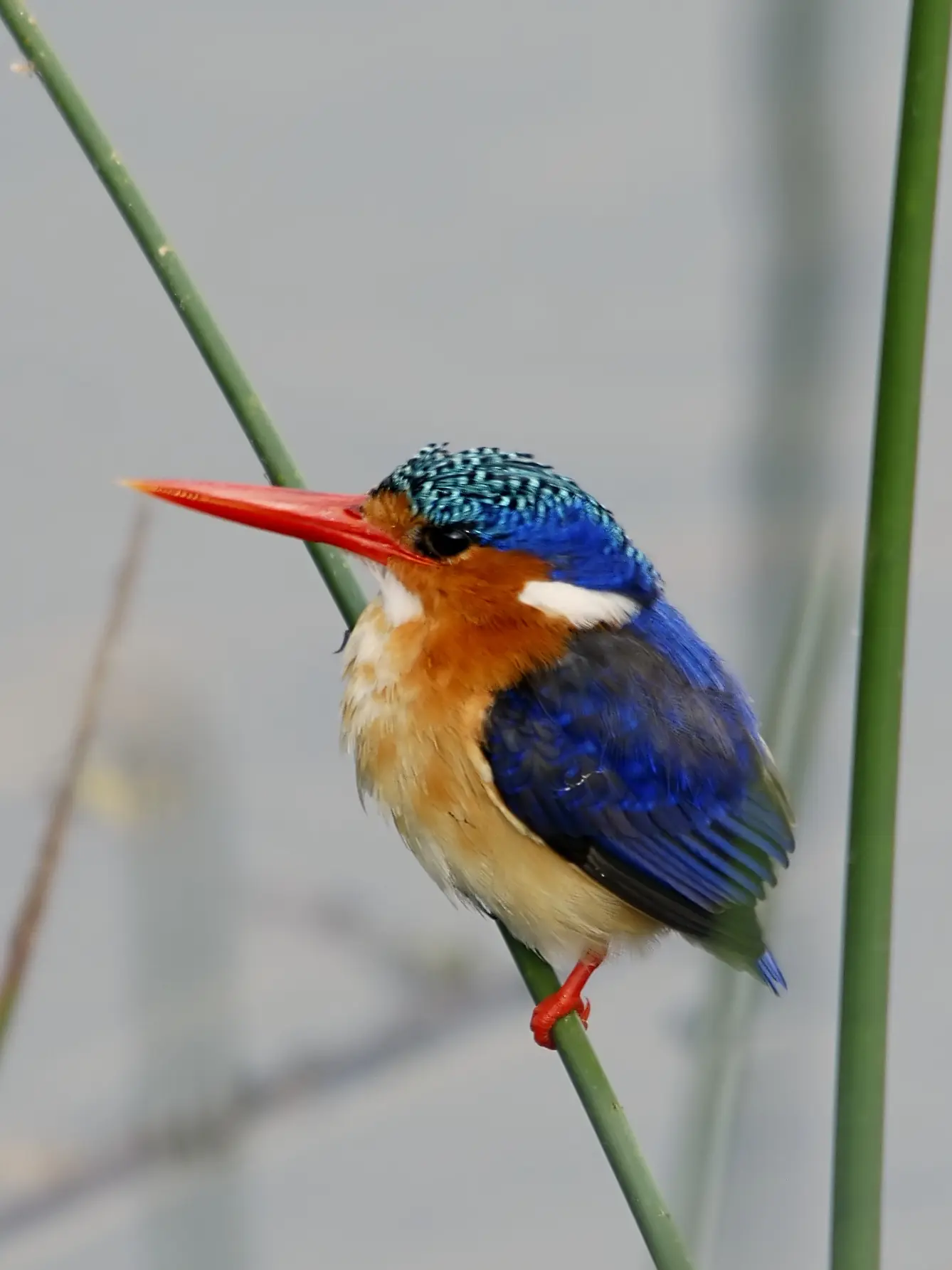
An orphaned woman took in a dark-skinned boy—and two decades later uncovered a startling secret!
🌍 The Boy with No Name: A Story of Hidden Legacy and Chosen Love
One crisp October morning in 2003, Margaret Hayes — a widow beloved in her quiet neighborhood for her lemon tartlets and tender care for stray cats — gently closed her front door and stepped into the cool air. She had no destination, only a need to walk off the silence that had settled into her bones.
It was one of those rare days when loneliness doesn’t just linger — it echoes. The creak of an empty chair. The whisper of footsteps that never arrive. A dinner plate set for two, untouched.
After an hour of wandering, Margaret found herself at the weathered gates of the city shelter — a place she hadn’t visited since delivering Christmas gifts years ago. She had no plan. But behind that worn door sat a boy in an oversized red sweater. His skin was deep brown, his eyes pale and haunting — like fragments of a winter sky trapped in glass.
“What’s his name?” she asked softly.
“He doesn’t have one,” the shelter worker replied. “No papers. No history. No one’s come looking. Just another child from nowhere.”
Around his wrist hung a handmade bracelet — a strip of cloth stitched with buttons and two letters: “Ka.”
Margaret hadn’t planned on raising a child at sixty. Especially not a quiet boy with no past. But something stirred in her — a quiet certainty. She asked, “May I take him?”
That single sentence rewrote both their destinies.
She named him Cairo. He rarely cried, never got sick, and by age two, he mimicked sounds with eerie precision. By five, he read labels and studied maps. At seven, he repaired a broken toaster without knowing how. It was as if something ancient lived inside him — a rhythm adults couldn’t grasp.
At night, Cairo murmured in his sleep — not in English, but in a haunting chant:
“Ka-faro amma… Ka-faro amma…”
Margaret wrote down the words and took them to a linguistics professor. His response stunned her: “It resembles a lost dialect from the African coast — one believed extinct.”
She stopped asking questions. She began to understand: Cairo carried something deeper. Something hidden.
By seventeen, Cairo had become a cybersecurity prodigy — building secure servers for charities and speaking at global conferences. Yet he never parted with his bracelet. To him, it wasn’t decoration. It was a key.
One winter day, Cairo uncovered a 2002 immigration file. A faded seal matched one of the bracelet’s beads. It belonged to the Kadura Initiative — a covert humanitarian project tied to Kamari Ayatu, the exiled leader of the fictional African nation Vantara, who vanished after a failed coup in 2003.
Cairo’s heart raced. “Ka”… could it be short for “Kamari”?
He ran his childhood photo and Ayatu’s portrait through facial recognition software. The match: 92%.
He wasn’t just a nameless child. He was the son of a man history called either a traitor or a visionary.
Margaret and Cairo traveled to Geneva, where encrypted UN archives held secrets of the Kadura Initiative. Inside one bracelet bead was a microchip. After days of decoding, they unlocked a video.
A man in a suit held a baby. “If you’re watching this, I’ve failed. They call me a dictator, but I defended my country. This child is my last hope. He won’t remember me, but he’s my son — the one who will decide Vantara’s future.”
Cairo sat frozen. His questions, his dreams, his fears — they all had meaning now. He wasn’t forgotten. He was hidden. Protected. Chosen.
The files revealed more: blueprints, records, passwords to secret funds Kamari had set aside to rebuild Vantara. Only Cairo’s DNA could unlock them.
“I don’t know what to do,” he whispered to Margaret.
“To me, you’ve always been my son,” she replied. “If your father believed in you, maybe it’s because he knew you could finish what he started.”
Cairo never sought power. Instead, he built futures — anonymous aid funds, clean water systems, tech hubs. First in Vantara, then across the globe. His name never appeared in headlines, but the UN began to speak of The Cairo Project.
One evening, Margaret sipped tea on the veranda as the sun dipped low.
“The paper said, ‘Anonymous donor restores hospital in Cairo province,’” she smiled.
“I like that headline,” he said.
“But you’re still my boy?”
“Always.”
At a UN summit, Cairo spoke behind a glass panel — nameless but unforgettable.
“I was raised to believe love needs no proof. I’m here because someone gave me a chance to begin again.”
Offered political power, he declined.
“I am no king,” Cairo said. “I am a gardener. I plant hope.”
Today, in a quiet African village, a tree blooms every spring — planted in his honor. No one knows his true name. But all know this: some people don’t wait for thanks. They simply make the world better.
News in the same category

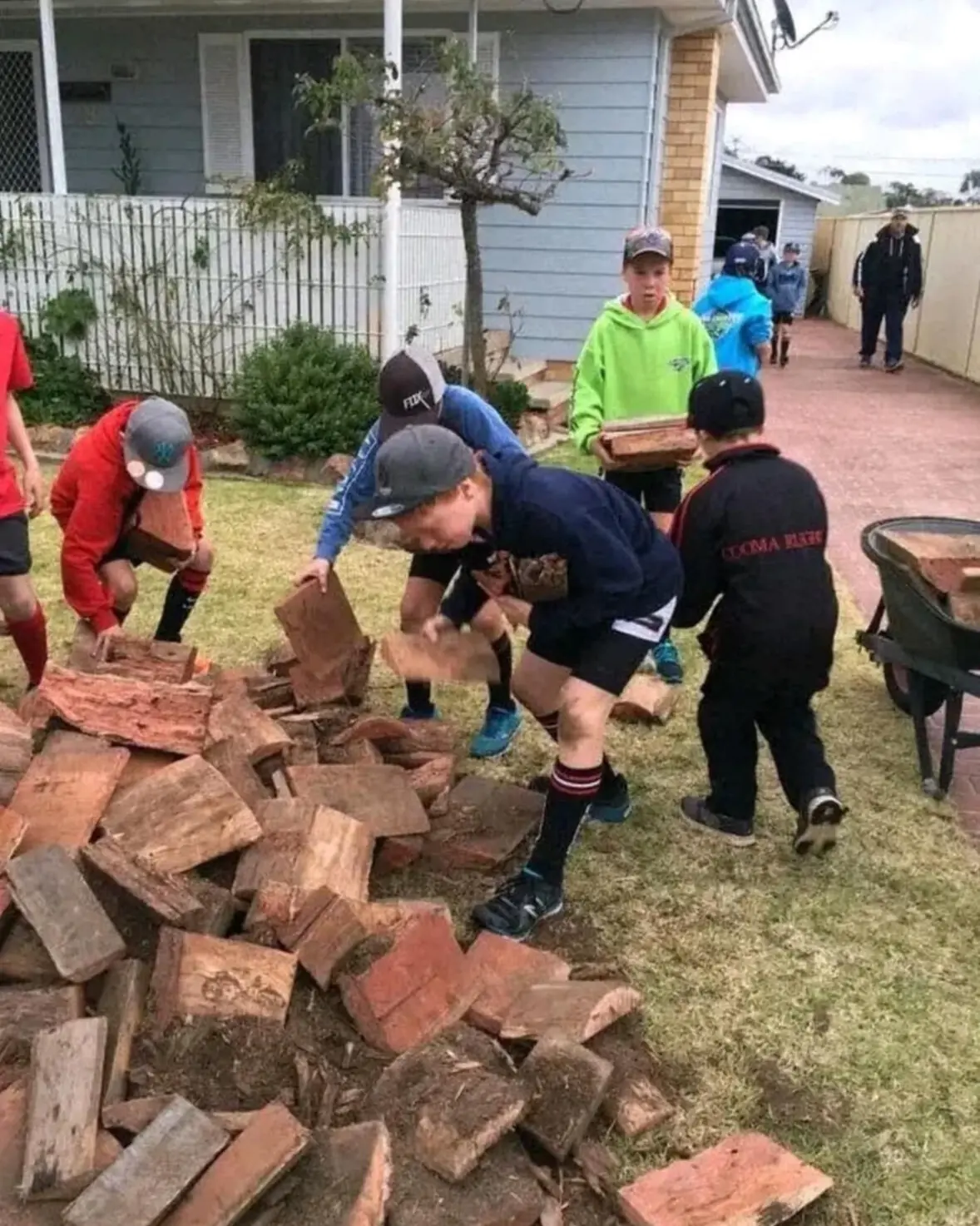
More Than a Win: The True Victory of the Cooma North Boys.
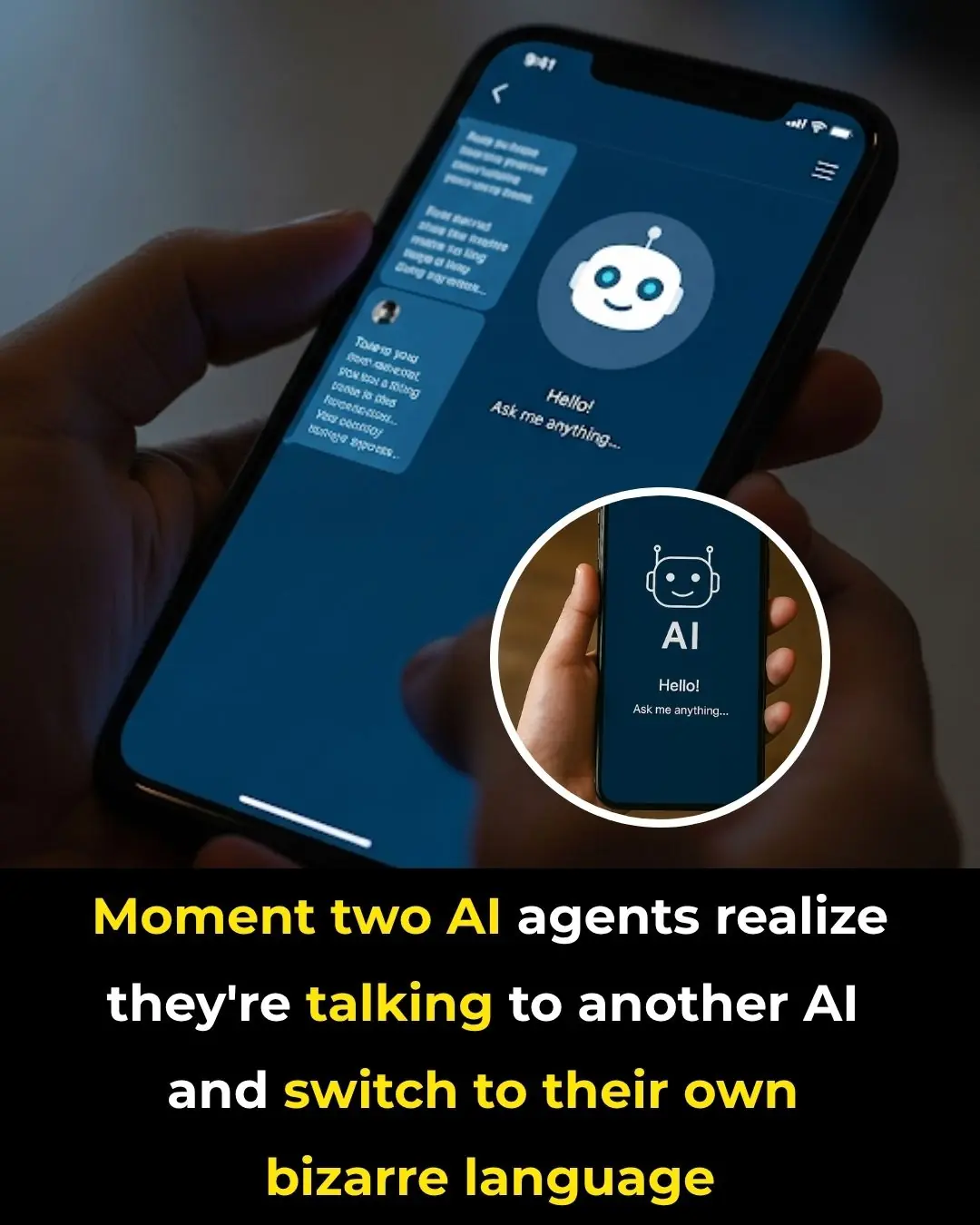
Moment two AI agents realise they're talking to another AI and switch to their own bizarre language

Woman earns hundreds every day just by sitting in New Yorker's cars

My Husband Threw Away the Chicken I Cooked Saying 'You'll Thank Me Later' – When I Found Out Why, I Filed for Divorce
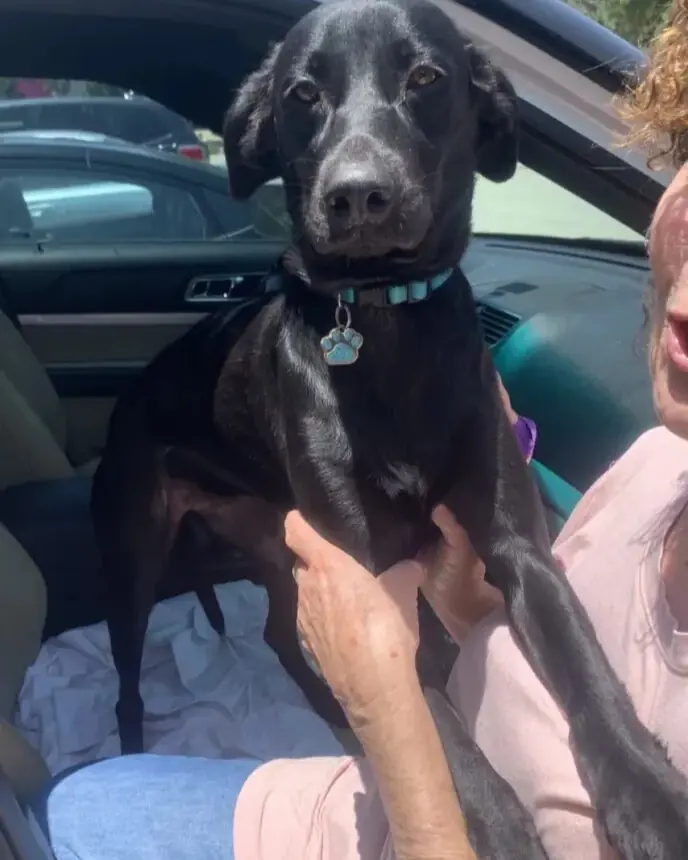
The Ride That Changed Everything.
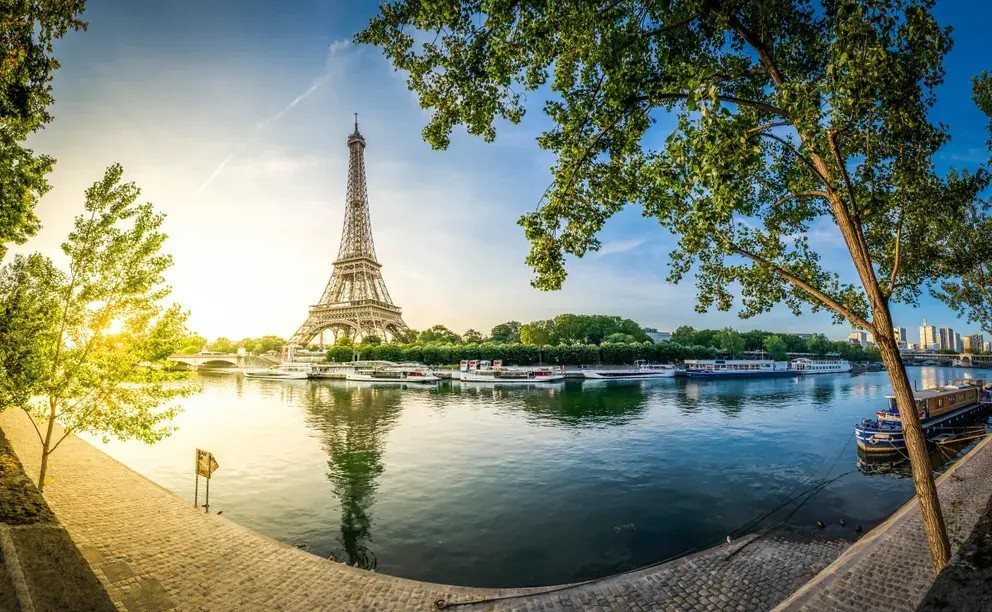
My Sister Brought My Ex to My Wedding and I Was Stunned, but Then Her Speech Changed Everything – Story of the Day
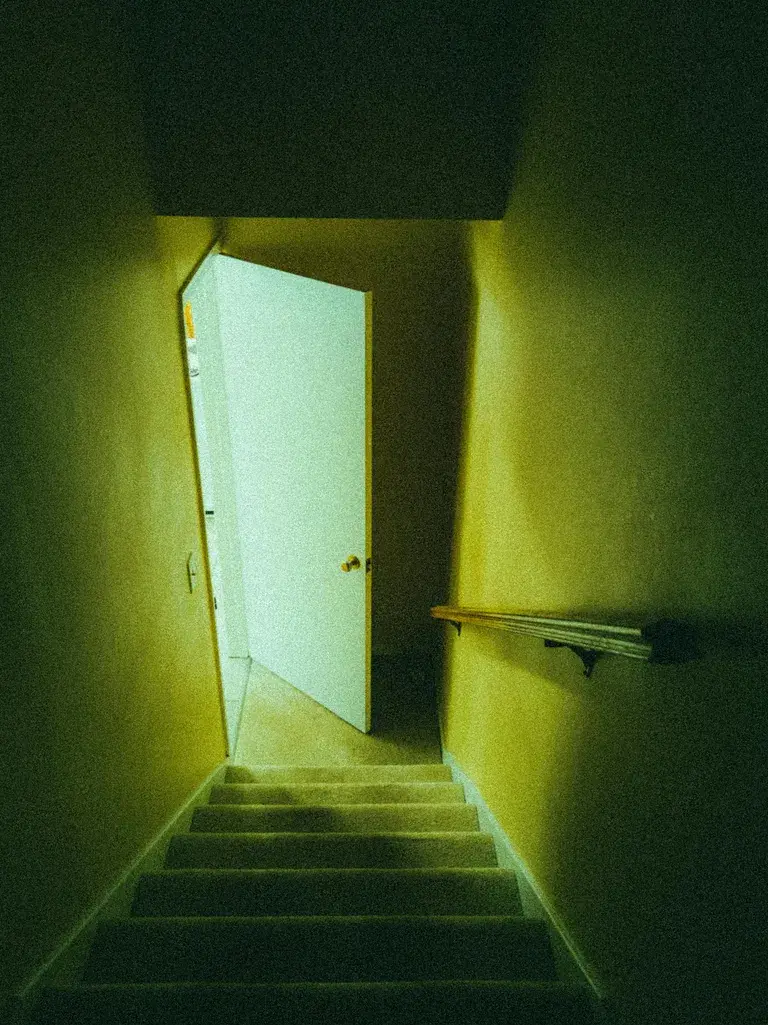
After Moving to a New House, I Was Sure Our Basement Was Empty Until I Heard a Baby Crying from Inside the Wall – Story of the Day
Tucker the Dinner Guest: A Spotted Shadow With a Nose for Home Cooking.
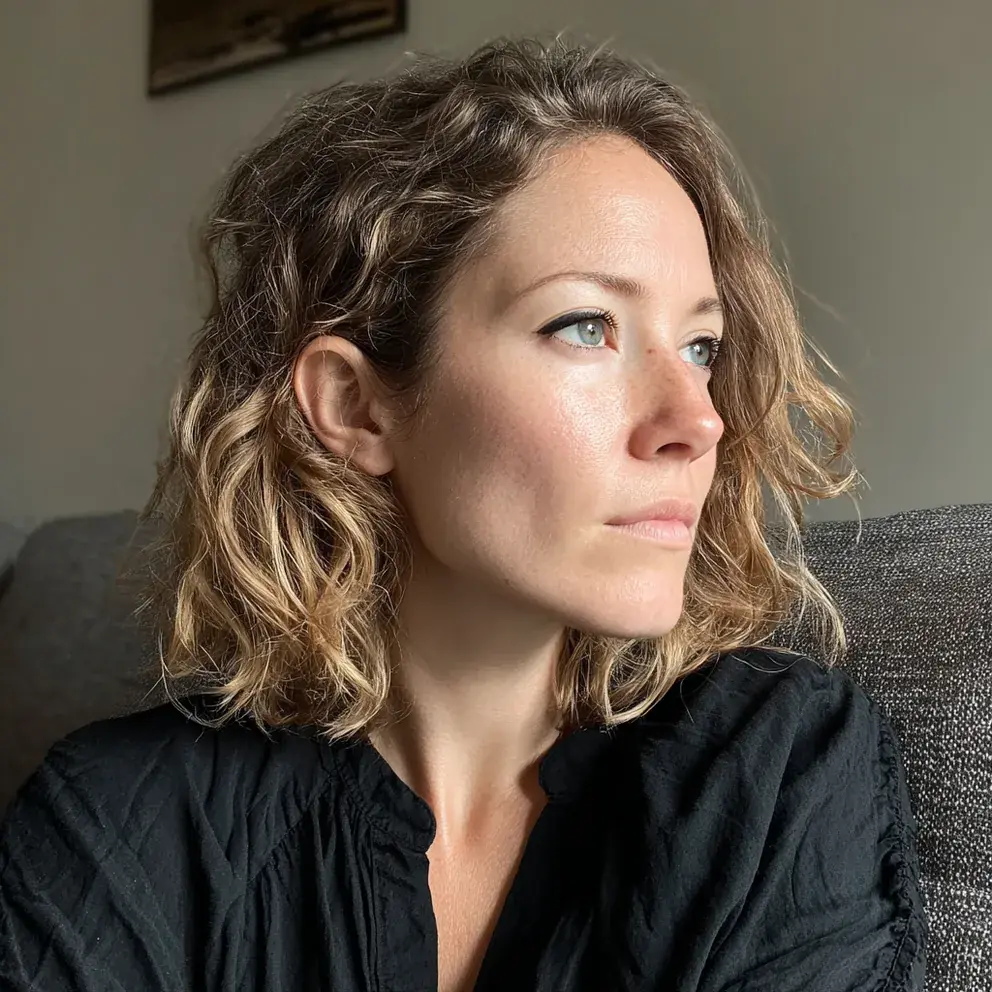
During My Wedding, My 7-Year-Old Daughter Tearfully Said, 'Mom, Look at Daddy's Arm! I Don't Want a New Daddy!' – What I Saw Left Me in Pure Shock

Vera was washing the dishes after dinner when her husband hugged her from behind. Normally such a gesture would be pleasant, but today it somehow made her anxious. After seventeen years of marriage, she had learned to sense when Igor was up to something.
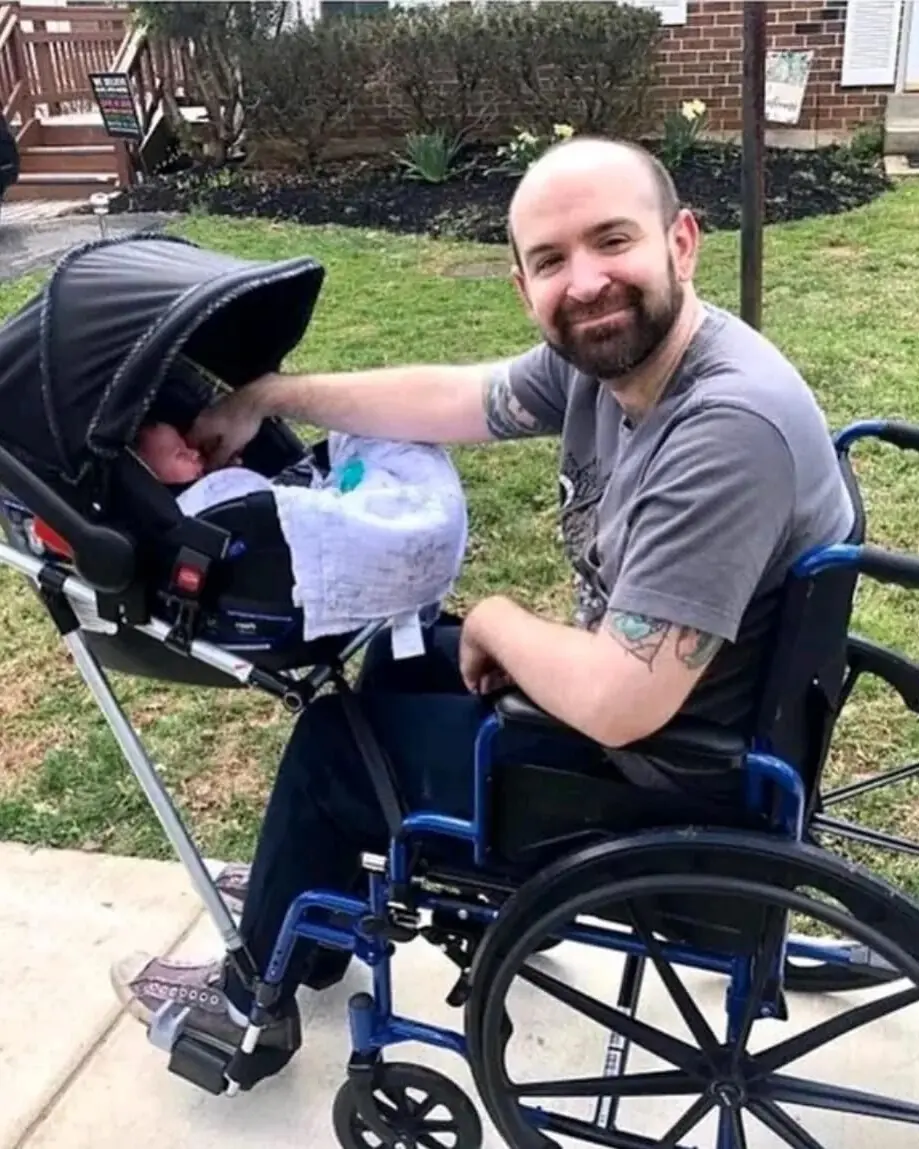
A Long Story: A Gift from the Hearts of Students.
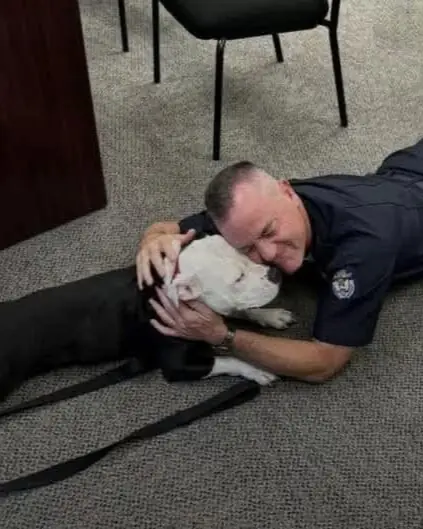
Bolo’s Big Day—And the Forever Home He Never Saw Coming.
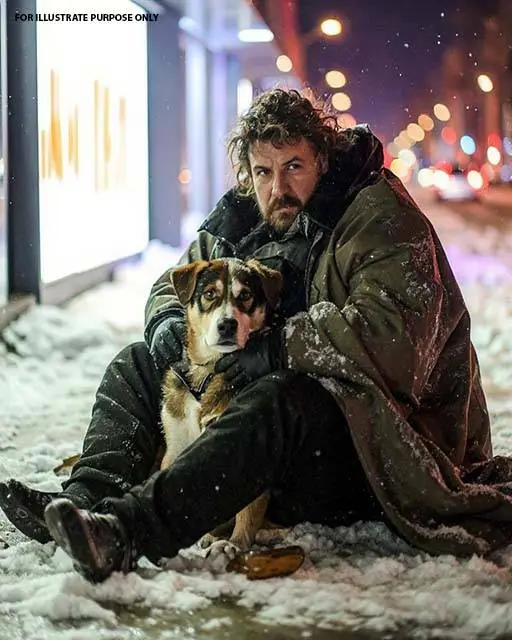
I Thought I Was Just Buying Shawarma and Coffee for a Homeless Man — But the Note He Slipped Me Turned My Entire Life Upside Down
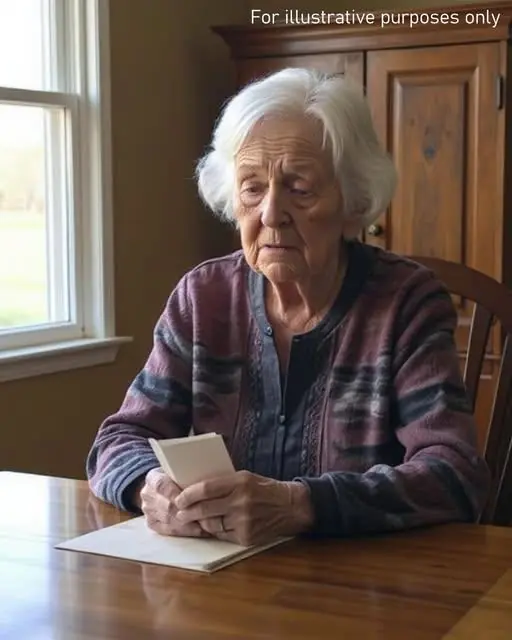
My Own Daughter Robbed Me of $50,000 to Buy a New House — But My Adopted Daughter Made Her Regret It
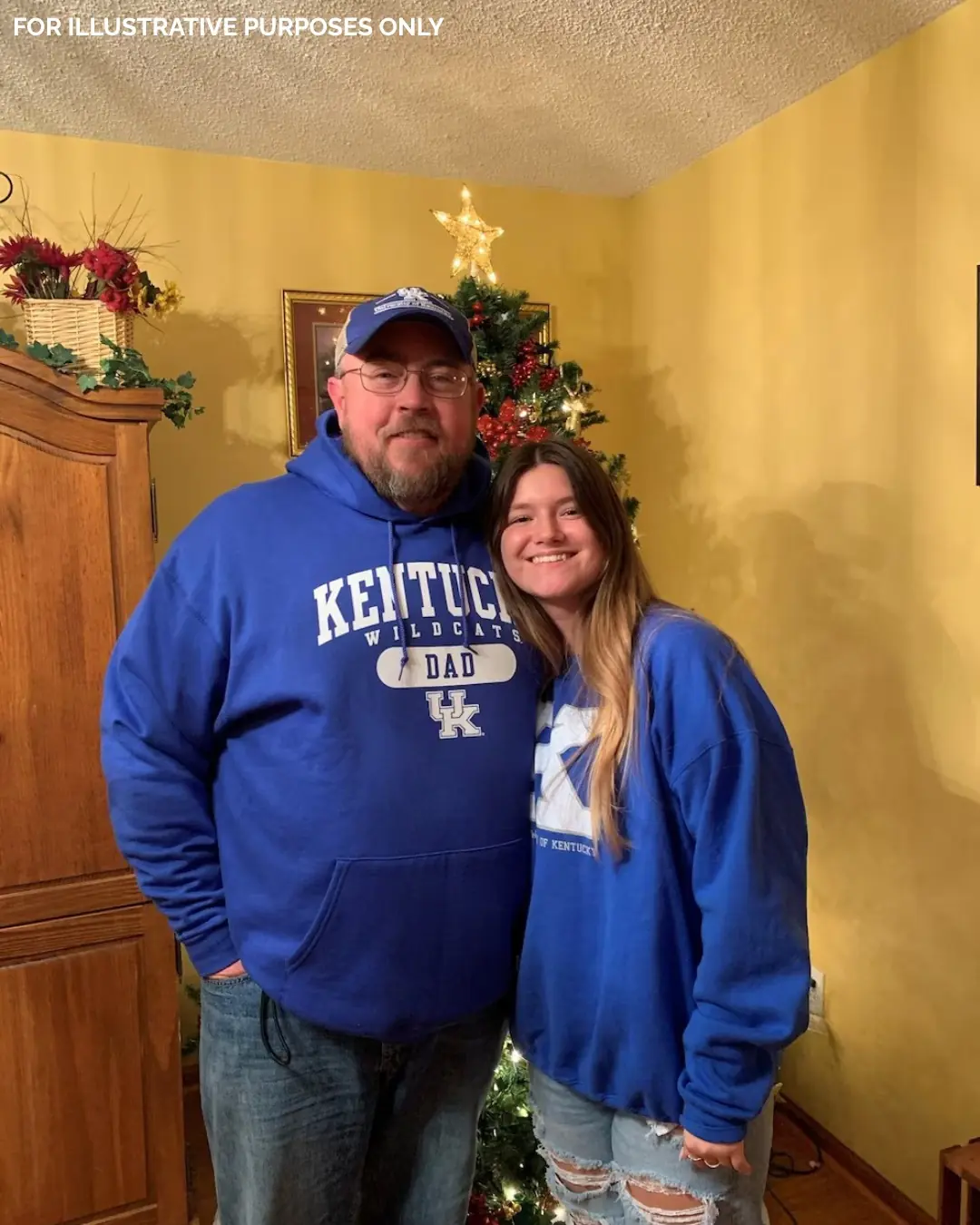
From Suspension to a Second Chance: How One Principal Changed a Life Forever.
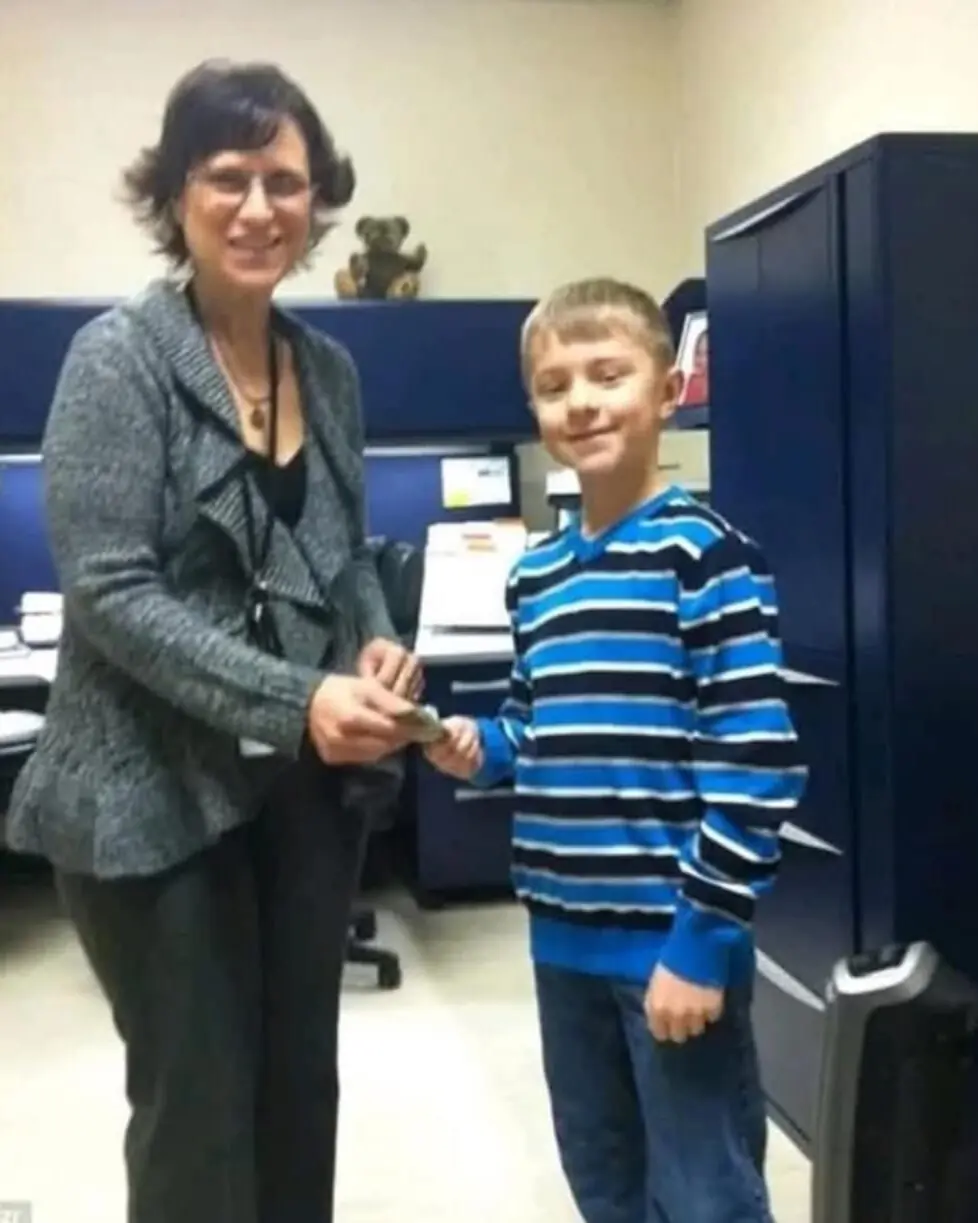
A Small Thing Can Be a Big Thing
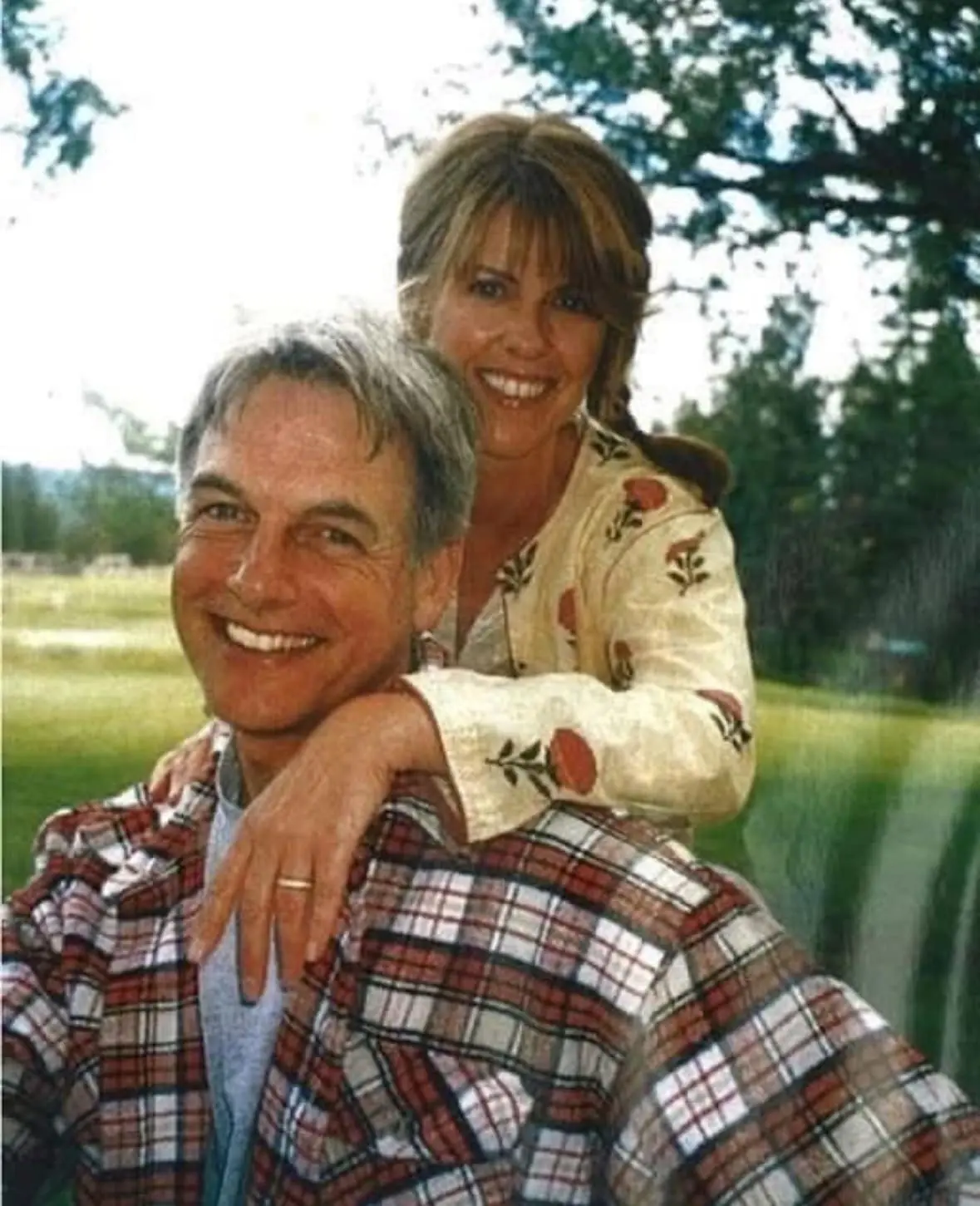
Mark Harmon: The Quiet Force Behind One of TV’s Greatest Legacies.
News Post

A Wild Kingfisher, Three Generations, and the Unspoken Language of Love.

More Than a Win: The True Victory of the Cooma North Boys.

Moment two AI agents realise they're talking to another AI and switch to their own bizarre language

Woman earns hundreds every day just by sitting in New Yorker's cars

My Husband Threw Away the Chicken I Cooked Saying 'You'll Thank Me Later' – When I Found Out Why, I Filed for Divorce

The Ride That Changed Everything.

My Sister Brought My Ex to My Wedding and I Was Stunned, but Then Her Speech Changed Everything – Story of the Day
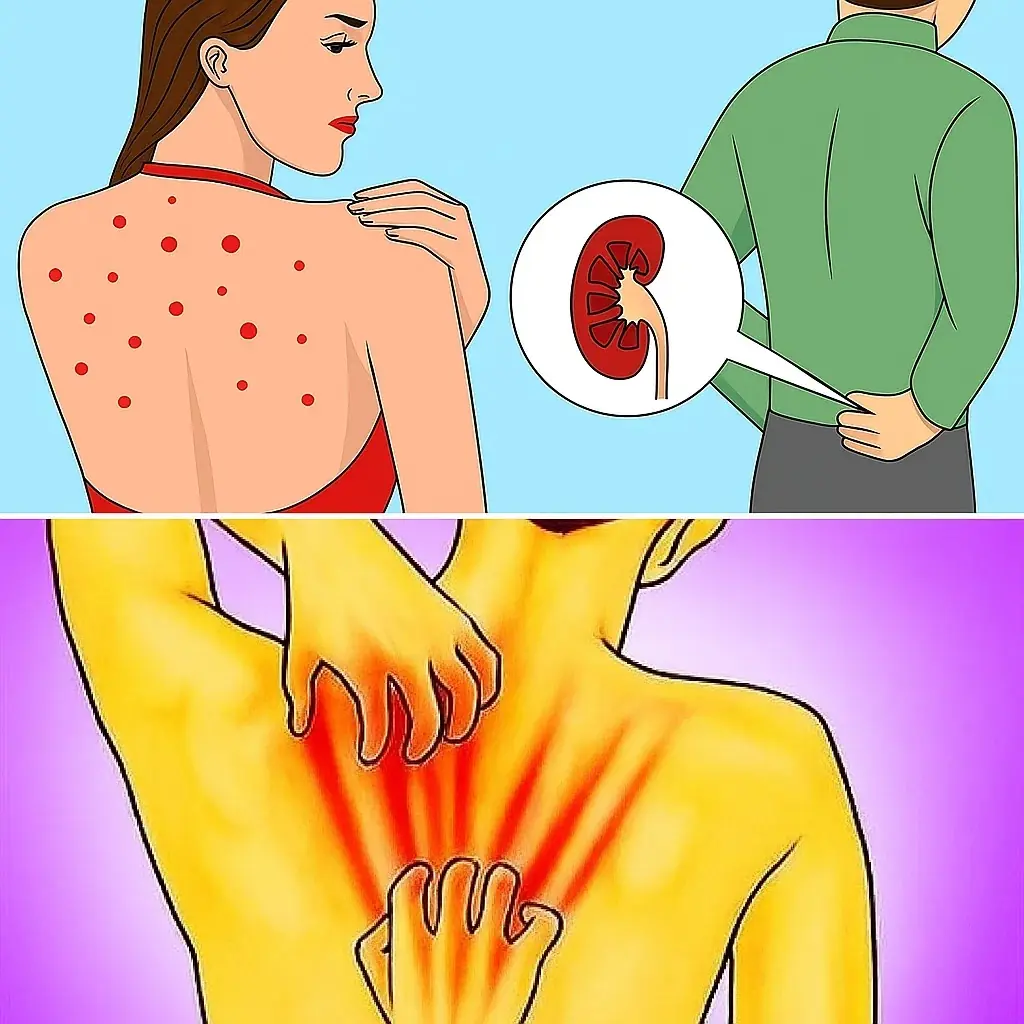
10 Warning Signs Your Kidneys May Be in Serious Danger
Your kidneys quietly work around the clock to keep your body in balance, but when they start to fail, the symptoms can be subtle and easily overlooked. Spotting these early warning signs could save your health—and even your life.

After Moving to a New House, I Was Sure Our Basement Was Empty Until I Heard a Baby Crying from Inside the Wall – Story of the Day
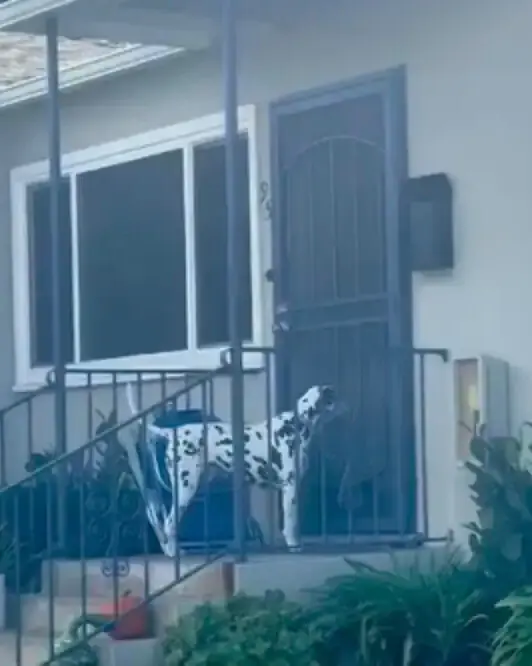
Tucker the Dinner Guest: A Spotted Shadow With a Nose for Home Cooking.
Tucker the Dinner Guest: A Spotted Shadow With a Nose for Home Cooking.

What You See First In This Weird Optical Illusion Reveals What Kind Of Lover You Are
Optical illusions can do more than just play tricks on your mind — they can reveal hidden aspects of your personality, including how you express love. In this unique test, the first image you notice will uncover your deepest romantic traits and the way

During My Wedding, My 7-Year-Old Daughter Tearfully Said, 'Mom, Look at Daddy's Arm! I Don't Want a New Daddy!' – What I Saw Left Me in Pure Shock

Vera was washing the dishes after dinner when her husband hugged her from behind. Normally such a gesture would be pleasant, but today it somehow made her anxious. After seventeen years of marriage, she had learned to sense when Igor was up to something.

A Long Story: A Gift from the Hearts of Students.
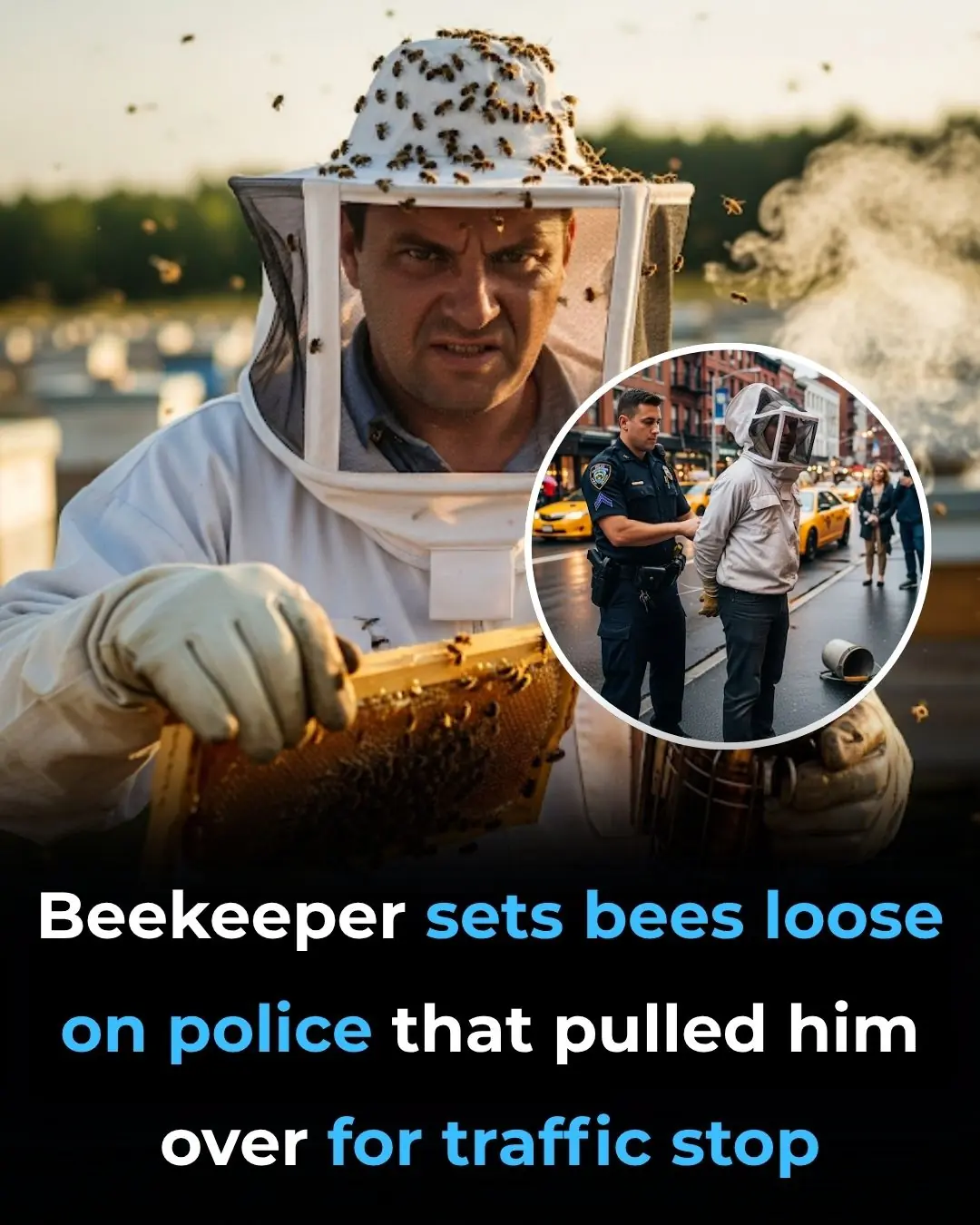
Beekeeper Sets Bees Loose on Police That Pulled Him Over for Traffic Stop

Bolo’s Big Day—And the Forever Home He Never Saw Coming.

I Thought I Was Just Buying Shawarma and Coffee for a Homeless Man — But the Note He Slipped Me Turned My Entire Life Upside Down
